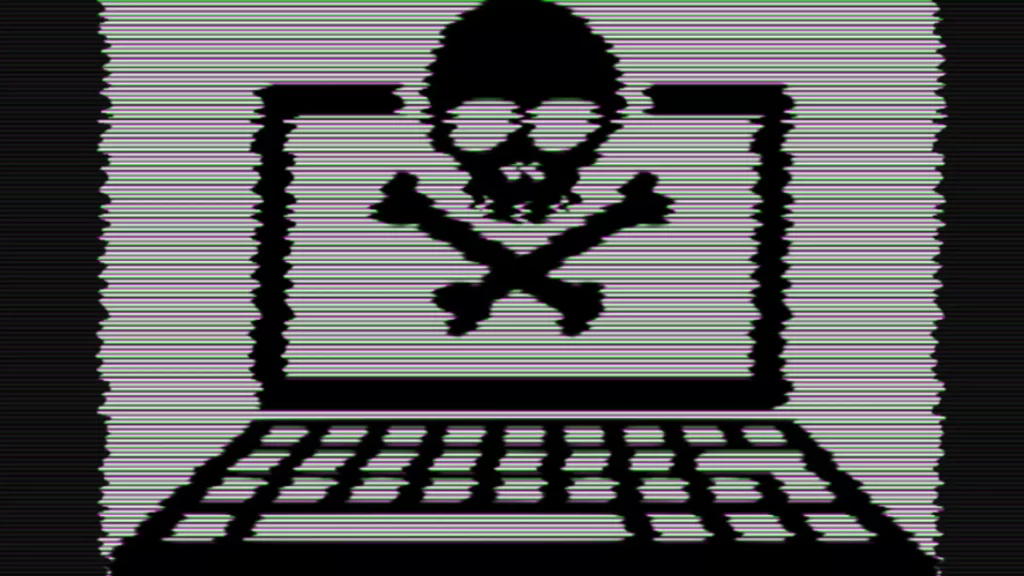The problem of computer espionage has increased over time, resulting in the exposure of the intimacy and even the private life of Internet users in exchange for large sums of money. So, to help you overcome these difficulties, we have listed below some signs of espionage and how to react concretely to this problem.
| Norton Secure VPN 2023 for up to 5 Devices | |
 | 19,99 $ |
How to know if my PC is hacked?

There are many signs of espionage. Here are some of them:
- Receiving an email stating that a connection to your account has been made from a new device far from you and not yours; asking you if this connection was yours.
- You can no longer access your user account even though you are familiar with your usual login and password.
- You can no longer open some of your files and programs that have been corrupted by spyware.
- You realize that online purchases have been made from your bank account without your knowledge.
- You notice recurring activities on your device despite the fact that it is in standby mode.
- Your device is alerted to the installation of an unknown application.
- Your laptop slows down, the battery charge decreases considerably or even, a homepage suddenly changes.
- Programs that malfunction and create bugs from time to time. Some are even installed without your knowledge.
- Your webcam starts recording and the microphone too.
- A set of pop-up windows and advertisements start to open by themselves.
- Your computer is redirected to pages that you did not click on.
NB: It should be noted that the slowness of computers is sometimes due to a performance problem or even due to dust embedded inside the machine.
Even if the icons have moved from the desktop, it may be a system update that has been done or someone has just moved the icons; it is not necessarily acts of espionage.
How do you react to any of these signs of espionage?

In the face of these computer threats, it is most often advisable not to panic and then apply practical measures; which systematically respond to each of the signs listed above; such as:
- Do not open empty emails and their attachments and do not click on their links.
- Always update your antivirus software and configure your firewall.
- Use sufficiently complex passwords and change them regularly.
- Avoid unsafe or illegal sites and illegal downloads.
- Also avoid the use of “pirated” applications or programs.
- Turn off your machine when you are not using it and especially disconnect from social networks if it is not your computer.
- Simply uninstall these malfunctioning programs, especially their trial versions.
- Cover the lens of your webcam with a tape while surfing the Internet.
- Always activate your security updates and do not use an account with “administrator” rights.
- Open a new tab and close the one that doesn’t lead you to anything; clear your cache regularly.
As a bonus, you can also:
- Make regular data backups to an external storage device or the cloud.
- Keep evidence of spying and file a complaint so that cybercrime officers can trace the hackers.
NB: Since viruses are usually hidden behind other computer programs, they will be difficult to detect in a computer. However, only professional and updated antivirus software will be able to handle this problem.
You may also be interested in this: My PC is slow to start up! How to fix this problem?
